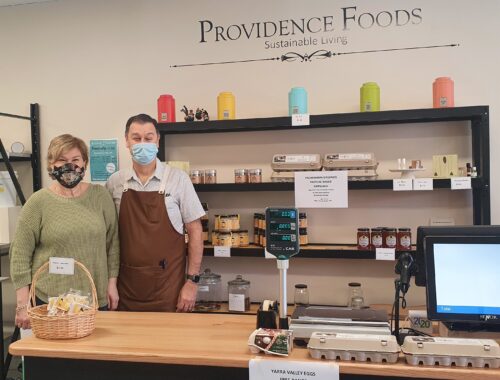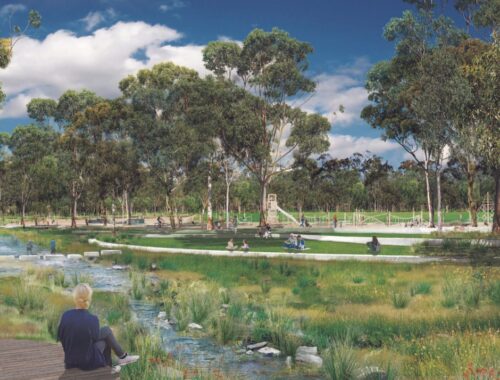New News
With uncertainty over the fate of the news journalism industry currently hanging thick in the air, this year’s Melbourne Writers Festival had some big issues to address.
A year of upheaval, 2012 has seen the shift from print to digital media come to a head, with a restructure at Fairfax Media which has seen 1,900 Australian editorial jobs culled, and the editors of The Age and Sydney Morning Herald both stepping down from their jobs.
News is entering a new era, causing many to question whether journalism as we know it will survive. With the way in which we receive our news fastly evolving, there is a lot of concern as to where things are headed, and how things will work.
On Friday I was amid an audience of many who attended some of the New News sessions offered at this year’s Melbourne Writers Festival, which sought to discuss the changes.
You could feel the anticipation in the air, as ex-editor of The Age Paul Ramadge entered the Yarra Building and took to the panel with fellow editors from News Limited, ninemsn and the AFL to take questions from concerned readers and students alike on the future of news. As moderator Margaret Simons put it, the objective of the Future Journalism session was to ‘take an optimistic but a hard-nosed view of the future’, and discuss whether the future of journalism is a sustainable one.
The speakers unanimously agreed that, although still up the air, the future for journalism is still bright- that through social media and the current digital revolution, news and information are being shared more widely than ever before, and that through digitalising archives, information will be much more accessible as well. They also pointed out that news is becoming less formal, and more personalised through a greater selection of articles and sources.
‘The more you read that challenges you,’ said Paul Ramadge, ‘the more you can start to form your own opinions. Who has the most informed opinion, and why?’
Having come directly from a session over at ACMI which apparently became quite heated, the panel looked suitably guarded the whole session, bracing for further attacks. Hands in the audience shot up as Margaret opened the floor for questions, which ranged from citizen journalism, local community news and newspaper subscriptions.
A concerned student asked if there’d be a future for young journalists, with one of the panelists responding that while traditional journalism and newsrooms would be harder to get into, there would be other avenues and niches opening up for aspiring journalists to explore, like local and organisational news.
The conversation then moved to the question of what prospective employers would be looking for in aspiring journalists. The panel cited good writing and business skills, but also knowledge of the ins and outs of digital media; that future journalists would need to be adaptable to an ever-changing digital landscape, and media- savvy.
Meanwhile in the session beforehand, Data Daze, the panel examined how journalists interpret and make sense of raw data to analyse trends and therefore unearth hidden stories.
The panel looked at the way in which the government has also made this data accessible online to the public, effectively allowing them to interpret the data themselves. If this data is freely accessible to the public, though, then do data journalists still have a place? The panel, consisting of data journalist Craig Butt (The Age), digital activist/ journalist Suelette Dreyfus and e-government advocate Craig Thomler, all maintained that despite this public access, journalists would always remain crucial in interpreting this data for the public.
So while there is still a lot of uncertainty, both panels certainly offered a lot of hope that all is not lost just yet, and I was glad to have sat in on such interesting sessions.
I really enjoyed the Melbourne Writers Festival this year- not only for the insights offered by the New News sessions, but also for the fact that I got to take part in the festival from behind the scenes as a volunteer. Definitely looking forward again to next year.
The Argus: Home of Journalism
New Beginnings
You May Also Like

Providence Foods – providing for the community
November 20, 2020
Thank you to The Australia Times
April 25, 2017